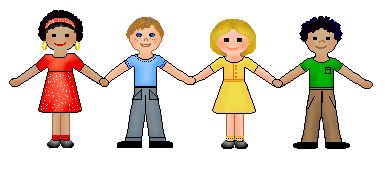This workshop was conducted by Marianne MacPhereson. She was going to look at the 'language of learning', both verbal and non verbal as children share learning that is meaningful and of value to them. She also discussed the idea of celebrating and strengthening children assessing their own learning and setting their learning goals through the learning story framework.
She highlighted two quotations from Te Whāriki that referred to children assessing their own learning:
- “Young children are developing their awareness of themselves as learners by planning, checking, questioning, and reflecting on activities and tasks” (p.25).
- “Children are increasingly able to assess their own learning, to outline their own goals, and to decide how to achieve these goals. They work hard to achieve such goals as learning to walk, forming letters and numbers, and contributing to group interaction. The learning environment should enable children to set and pursue their own goals within the boundaries necessary for safety and to reflect on whether they have achieved their goals” (p.29).
She asked us to reflect on how we were building and encouraging children's views on themselves as capable and competent to assess and create their own learning paths and goals?
Good learners do not grow by being protected from difficulty, but by engaging with it and thereby developing their stamina and skill. She offered an example of a girl called Emily who felt a sense of achievement after jumping from the branch of a tree, and the challenge she st for herself after that by going higher.
Other valuable comments that were made by the speaker at this time were:
- It is imperative that we give the child space to problem solve themselves.
- The language that a teacher uses has a powerful impact on the child.
- Grappling with learning challenges is more important than any amount of easy success – quote by Guy Claxton
- Recognise areas of learning that are important to the child.
Children assess their own learning through our reactions as well and how we respond to what they are doing shapes their learning. Children assessing their learning:
- is not about their performance.
- Is about their self-motivation as a learner.
- Is about developing a growth mindset where self reflection is grown.
The speaker quoted Margaret Carr by saying, it's not about the block or play dough, but the activity being the vehicle for the acquisition of the disposition to learn. Praise influences children and she spoke about effort praise (which encourage children to seek higher goals) versus praising them as smart (which doesn't encourage them to seek higher goals).
- Are we praising children for their effort or their performance?
- How do or can we support children when they are feeling frustrated or confused?
- How do or can we celebrate with children their excitement of learning?
The speaker talks with a great deal of praise about Carol Dweck's work and states:
- When children are orientated towards learning goals they strive to increase their confidence.
- When children are orientated towards performance goals, they strive to gain favourable judgments.
She also referred to Guy Claxton quite a lot with the reference to building learning powers, which is all about building dispositions. Building learning power is about:
- Helping young children become better learners.
- Developing their portable learning power.
- Preparing young people for a lifetime of learning.
A lot of what the speaker said affirmed and highlighted important areas with regard to children assessing their own learning, and the satisfaction they got after achieving goals set by themselves.
